Constipation is a common problem that affects both adults and children alike. While most of us have experienced it at least once in our lives, it can be a particularly uncomfortable and distressing problem for children. In this article, we will be discussing the causes, symptoms, and treatment of constipation in children.
Causes of childhood constipation.
Children’s Constipation is often caused by a combination of factors, including poor diet, dehydration, lack of exercise, and holding stool for long periods. Other common causes include:
- Can genetic conditions cause constipation in children? Some children may be more prone to constipation due to inherited conditions.
- Can medical conditions cause constipation? Certain medical conditions such as thyroid disorders, diabetes and neurological disorders can contribute to constipation.
- Can medications cause constipation in children? Certain medications such as antidepressants, iron supplements, and antacids can cause constipation.
- Can anxiety cause constipation? Anxiety can also contribute to constipation in children. When a child is anxious, their body is stressed, which can cause changes in their digestive system. This can lead to slower gut motility, meaning that the food they eat moves more slowly through their digestive system, resulting in constipation. Anxiety can also cause a child to hold their bowel movements, exacerbating the problem. It is important to address any underlying anxiety issues to help alleviate constipation in children.
Symptoms of childhood constipation
The symptoms of constipation in children may vary and can include:
- Painful or difficult bowel movements
- Infrequent bowel movements
- Abdominal pain or discomfort
- Bloated stomach
- Loss of appetite
- Foul-smelling gas
- Soiling accidents (encopresis) in younger children who have not yet developed bowel control
Treatment of childhood constipation
The treatment of childhood constipation often involves a combination of dietary changes, increased fluid intake, increased physical activity, and medication when necessary. It is important to work with a healthcare provider to determine the underlying cause of constipation in your child and develop a personalised treatment plan. Treatment may include:
- Diet: Increasing fibre-rich foods such as fruits, vegetables, and whole grains, and decreasing constipation-causing foods such as processed foods, sugary snacks, and dairy products.
- Fluid intake: Encouraging your child to drink plenty of water and other hydrating fluids can help soften stools and make bowel movements easier.
- Physical activity: Encouraging your child to be physically active for at least an hour a day can help stimulate bowel movements and reduce constipation.
- Medications: Laxatives or stool softeners may be prescribed by a healthcare provider to help relieve constipation in children.
Constipation in children can be a distressing problem, but with proper diagnosis and treatment, it can be effectively managed. It is important to address the underlying causes of constipation in children and work with a healthcare provider to develop a personalised treatment plan.
Constipation symptoms in children
The symptoms of constipation can vary depending on the severity of the condition. Some common symptoms include:
- Difficulty passing stools
- Painful bowel movements
- Abdominal pain
- Bloating
- Loss of appetite
- Nausea
- Foul-smelling gas
- Hard, dry stools
- Overflow diarrhoea
How to treat constipation in children
How to relieve constipation in children often involves changes to their diet and lifestyle. Some common treatments include:
- Diet: A diet rich in fiber and fluids is essential to prevent and treat constipation in children. Encouraging your children to eat fruits, vegetables, whole grains and drink plenty of water can help promote regular bowel movements.
- Exercise: Encouraging your child to participate in physical activities such as running, swimming, and cycling can help stimulate the digestive system and promote regular bowel movements.
- Medications: In some cases, your child’s paediatrician at Bright Futures Clinic may recommend medications such as laxatives or stool softeners to relieve constipation.
- Toilet training: Teaching your child to use the toilet regularly and avoiding holding stool can help prevent constipation.
Constipation in children, when to worry
While constipation is usually not a serious condition, there are times when it may require medical attention. You should contact your child’s paediatrician at Bright Futures Clinic if your child experiences:
Severe abdominal pain
Rectal bleeding
Unexplained weight loss
Vomiting
Constipation that lasts for more than two weeks or does not respond to home treatments
It is important to seek medical attention if your child is experiencing any of these symptoms as they may indicate an underlying medical condition that needs to be addressed. With proper treatment and management, childhood constipation can be successfully managed, allowing your child to live a happier and healthier life.
To conclude, Constipation is a common problem in children that can be treated with simple lifestyle changes such as a healthy diet, regular exercise, and good toilet habits. However, if your child’s symptoms persist or worsen, it is essential to seek medical attention promptly. A paediatrician at Bright Futures Clinic can help diagnose and treat any underlying medical condition contributing to constipation.


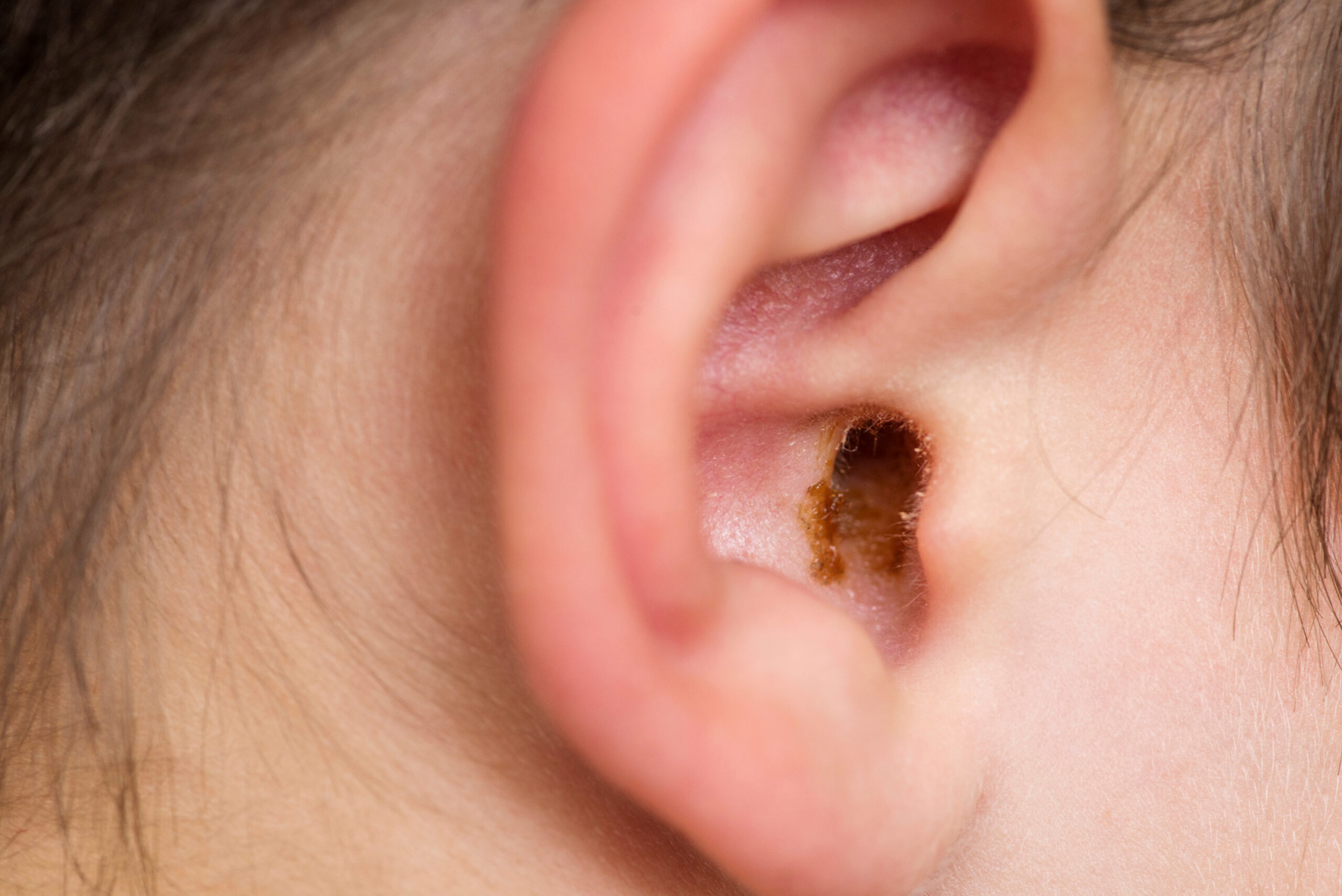


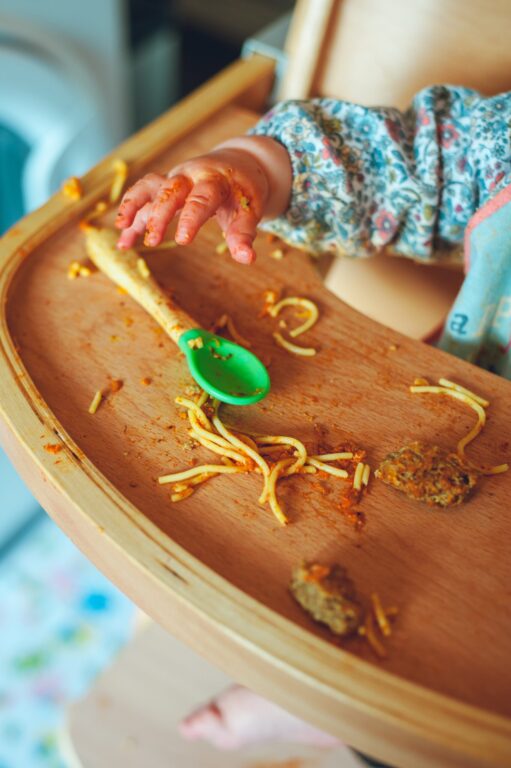

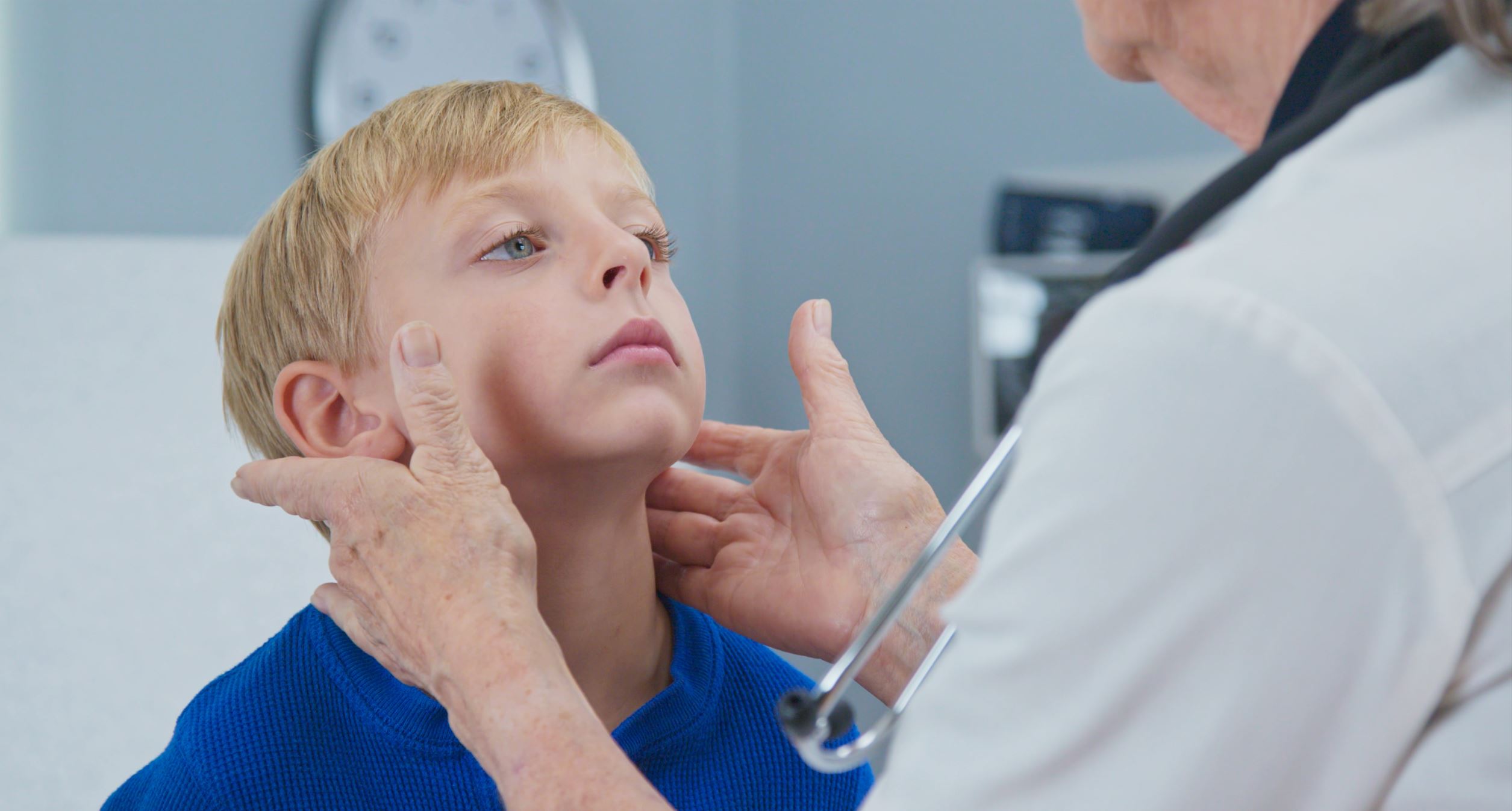
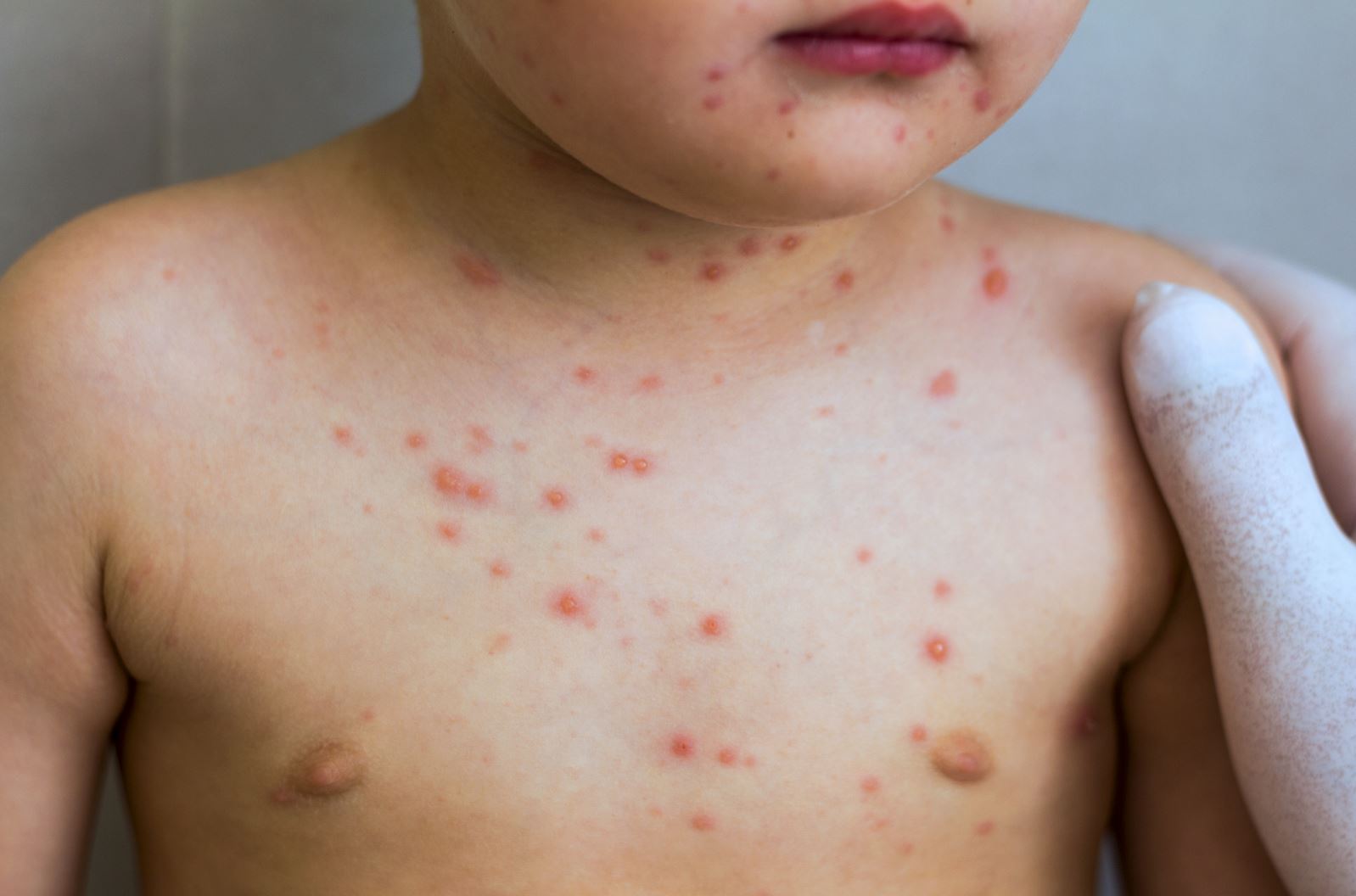
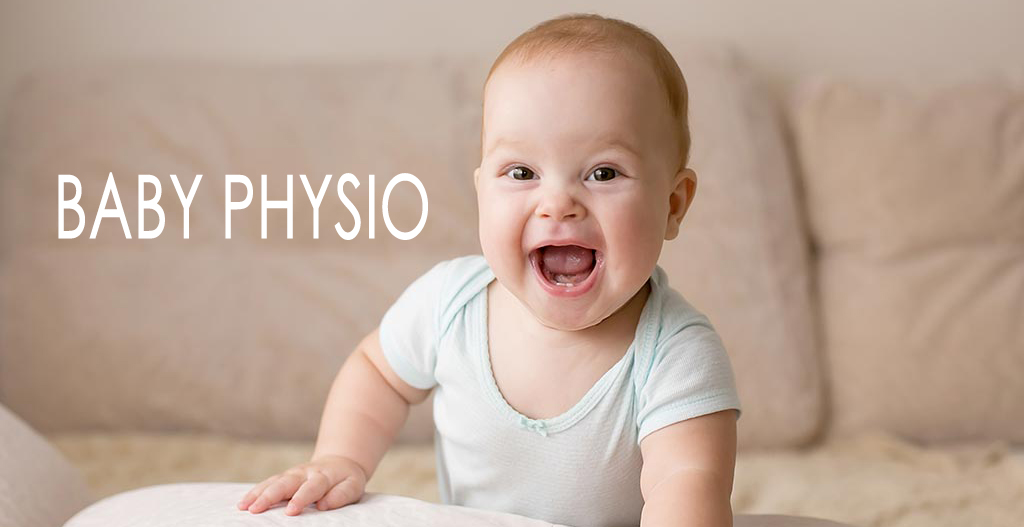
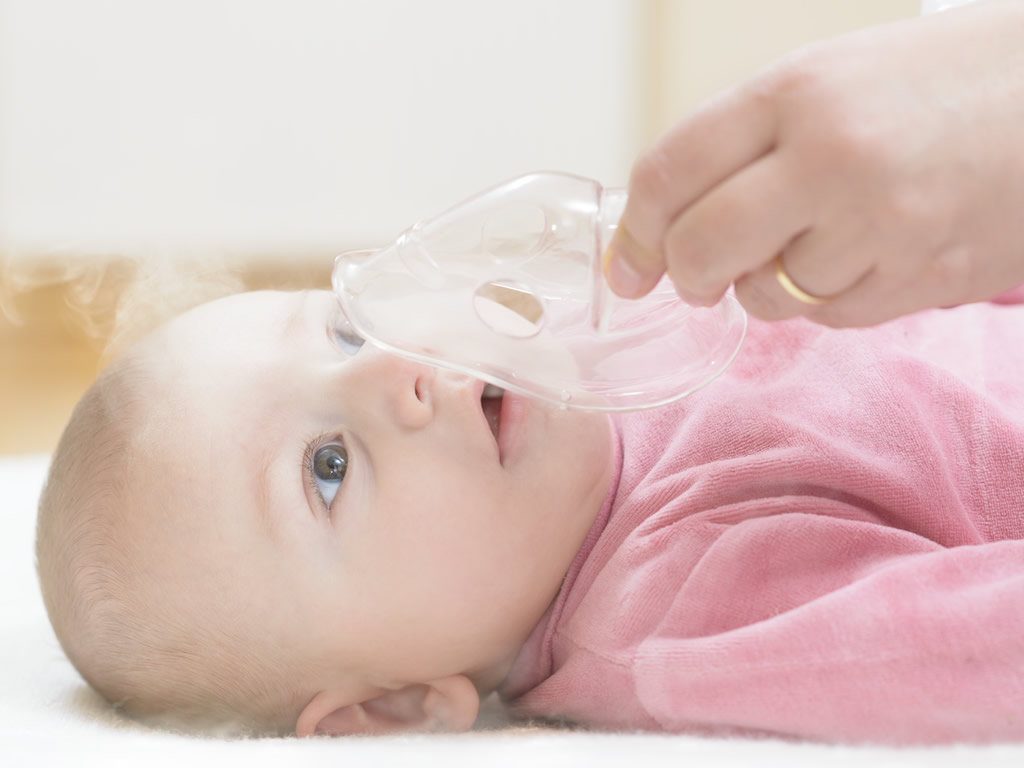

Recent Comments